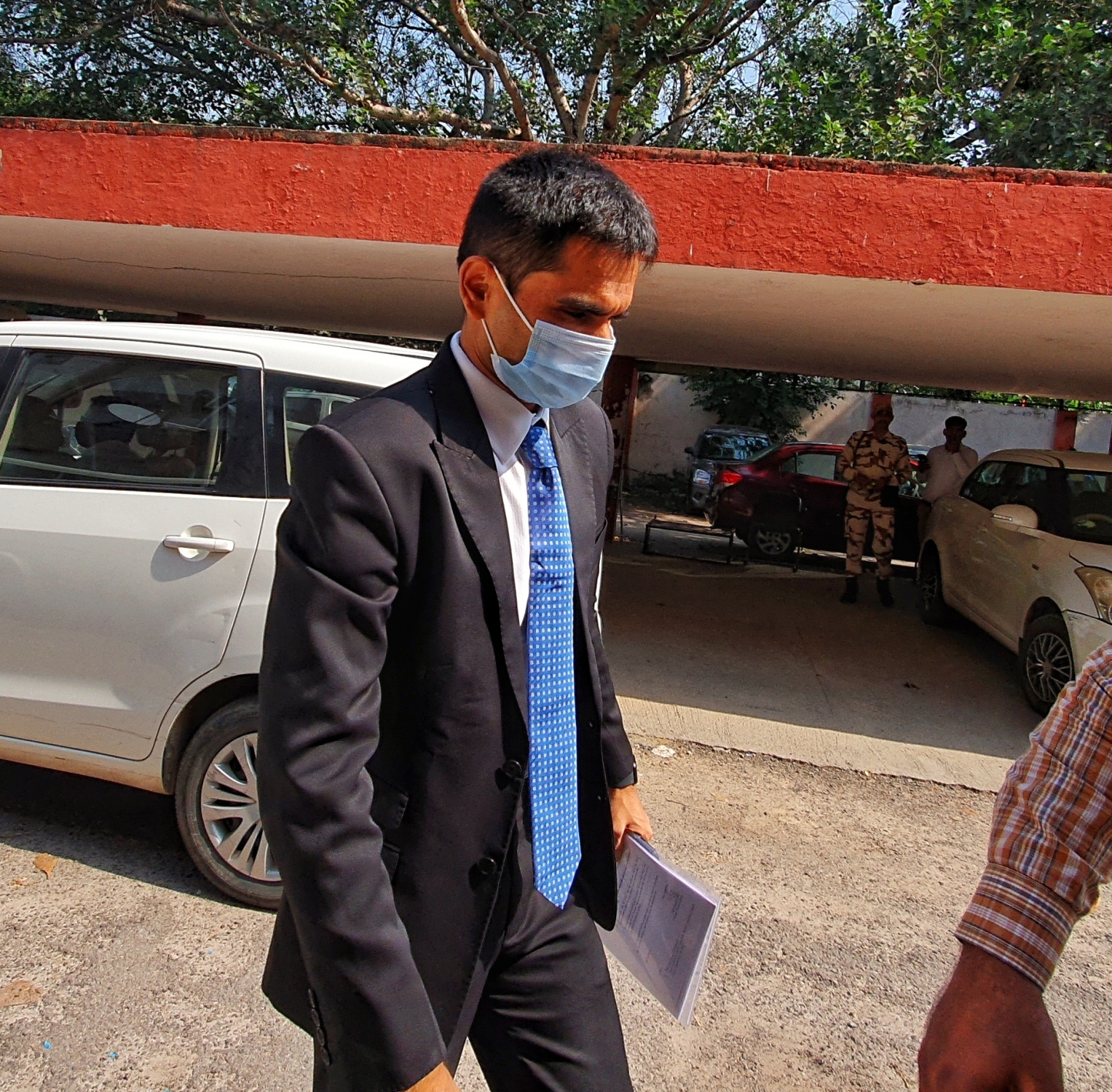New Delhi, Feb 28 (IANS) The Delhi High Court has set aside the order issued by the Central Administrative Tribunal (CAT) regarding the procedure for taking action against senior IRS official Sameer Wankhede in connection with the Aryan Khan drugs case.
Wankhede, who is an Indian Revenue Service (IRS) officer of the 2008 batch, is currently serving as an Additional Commissioner under the Department of Revenue, Ministry of Finance.
A division bench of Justice Rekha Palli and Justice Rajnish Bhatnagar, partially allowed the Central government's appeal against the order of the CAT, in favour of Wankhede, a former NCB Mumbai Zone Director, against whom certain allegations were raised regarding the "conduct of the raid/investigation" in connection with the Aryan Khan drugs case.
Wankhede had filed an application seeking quashing of a report dated June 16, 2022, prepared by the Special Enquiry Team, led by Narcotics Control Bureau Deputy Director General Gyaneshwar Singh.
During this tenure, Wankhede received some information, on the basis of which a raid was conducted at the Cordelia Cruise. Post this, certain allegations were raised against Wankhede regarding the "conduct of the raid/investigation". To probe these allegations, an SET was formed within the NCB, which subsequently submitted its report, along with related documents, to the Ministry of Home Affairs.
Wankhede had argued that Gyaneshwar Singh, who was the Chairman of the SET, was actively involved in supervising the investigation of the above-mentioned crime, and that it was a violation of the principles of natural justice for Singh to head the SET investigating his own case.
Upon a thorough examination of the case and the WhatsApp evidence, the CAT bench, consisting of Chairman Justice Ranjit More and Member (A) Anand Mathur, had also concluded Gyaneshwar Singh, being actively involved in the investigation, could not have been the part of the SET.
Consequently, the tribunal had directed the relevant authorities to grant a personal hearing to Wankhede before any action is taken, ensuring that any decision is communicated with a reasoned and clear order.
The high court now has concurred with the Central government's argument that the directive to provide a personal hearing and issue a reasoned order before initiating any action against Wankhede contradicted the provisions of the CCS (CCA) Rules.
Setting aside this aspect of the CAT's order, the high court, however, clarified that its decision does not hinder Wankhede's ability to challenge the order, if he wishes to do so.
The Centre had contested the CAT's order, asserting that it was erroneous as the Tribunal failed to recognise that the CCS (CCA) Rules do not mandate providing a personal hearing to a delinquent employee before issuing a charge sheet. Meanwhile, Wankhede's counsel argued that Wankhede himself was aggrieved by CAT’s decision. The Tribunal had noted Wankhede's concerns regarding Singh's involvement in issuing directions during the investigation, despite being appointed as the Chairman of the SET.
Recently, Wankhede filed a contempt plea against Singh, alleging non-compliance with the Tribunal's order. A single judge had dismissed the petition, stating that it was not maintainable, but granted Wankhede the liberty to seek redressal of his grievances through the CAT.












